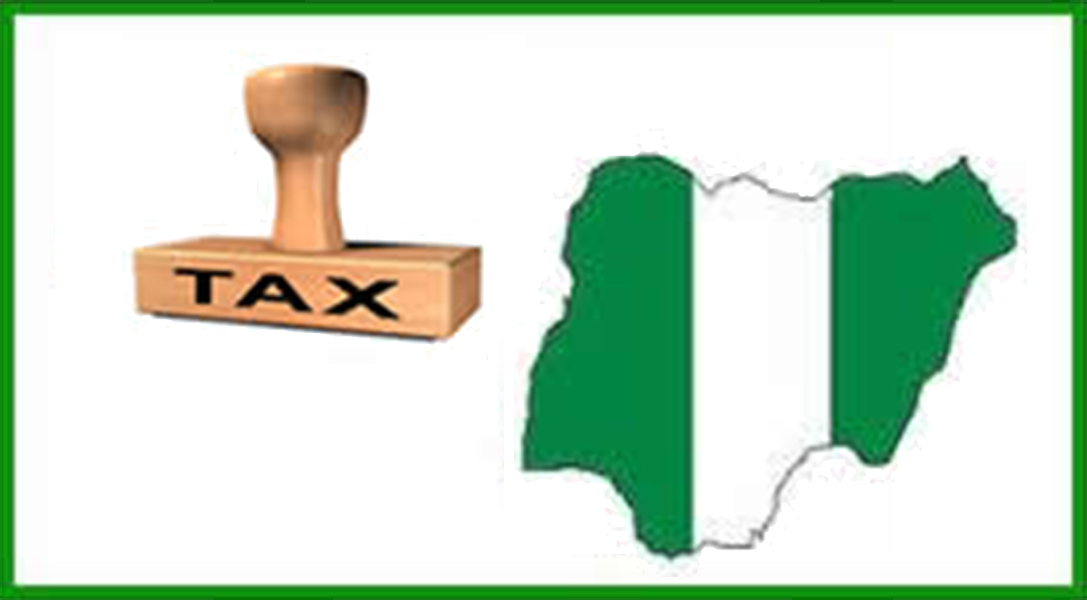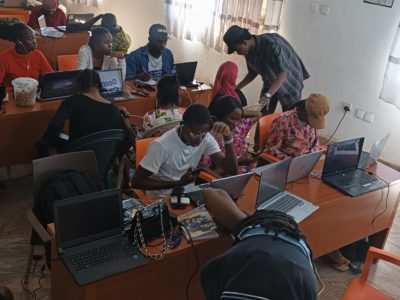Civil Society Organisations (CSOs) have, this week in Abuja, asked the Federal Inland Revenue Service (FIRS) to discard its proposal to impose taxes on social media activities.
The FIRS wants the National Assembly to further amend the Finance Act to enable it tax online businesses including social enterprises or businesses driven by online platforms.
The tax ombudsman said it was already finalising the framework to tax online businesses in accordance with the emerging realities of digital economy.
“You are aware of the issues of digital economy and the challenges of policing the digital tax payers like Twitters and Facebook,” said Chairman of the FIRS, Muhammad Nami, while briefing an ongoing engagement between the Senate Joint Committees working on the Medium-Term Expenditure Framework and Fiscal Strategy Paper, and heads of revenue generating agencies of the Federal Government.
He added: “So, we are going to come up with the rules and provisions that the National Assembly will passionately look at and approve for us so as to bring them to the tax net. We want to seek a way of taxing online activities and businesses.”
But Executive Director, Civil Society Legislative Advocacy Centre, Auwal Rafsanjani, has cautioned the revenue agency against doing anything that would affect the businesses of young Nigerians who were struggling to survive, according to the Punch Newspapers.
“There are many avenues which the FIRS can explore in order to generate income.
“The agency should not impose additional burden on young Nigerians who are just struggling to survive and making use of the social media to transact their businesses,” the paper quoted Rafsanjani as saying.
Adding: “The FIRS should concentrate on taxing the companies that are making profits from adverts and not individuals that subscribe to those social media platforms.
“Individuals who subscribe to those platforms and showcasing their businesses there should not be taxed. The tax should be on corporate entities that are making profits.”
Also, the founding Director of Women Advocates Research and Documentation Centre,
Dr Abiola Akiyode-Afolabi, described the move as another plot to shut the social media against the people.
Akiyode-Afolabi said, “The government can’t make money on everything when it’s not giving people back.
“This is another attempt to shut down the space against the people. This attempt should be resisted; the government should focus on providing good governance for her people, not targeting people for more hardship and exploitation.”
RELATED
Nigeria To Tax Profits Earned Locally By Big Tech With Significant Economic Presence, Says VP Osinbajo
Twitter Reaches Out As Nigeria Insists Social Media Platforms Must Be Taxable Locally
However, the Executive Director, Centre for Public Accountability, Olufemi Lawson, noted that all Nigerians doing businesses in whatever form must pay tax.
He said, “I think the FIRS must ensure that all persons, and businesses in Nigeria must pay this tax, as far as it is legally backed by the needed legislation.”
Nami told the senators that the Finance Bill was supposed to accompany the annual budget.
He said the agency would review feedbacks from tax payers and its internal operations so as to fix the loopholes in the tax law.
He said, “The Stamp Duty Act came into being in 1962 and the figures in that Act are obsolete.
“For instance, some of dutiable instruments which are about 100 are in the region of 10 kobo or 15 kobo. In the real time, it cannot give us any significant revenue and we would not be able to generate additional revenue for government.
“If for instance we are spending N5 to print an adhesive stamp when the tax it would be used to administer is 15 kobo, I think there would be no need for us to collect that tax in the first place.
“These and more are some of the things that we have identified so that in line with the way business processes are changing, we have to adjust the law to make tax payment simple and enable us to block leakages and mobilise revenue for the three tiers of government.
“We are not really increasing or reducing some of the rates but to change the figures to reflect the current reality.”
































